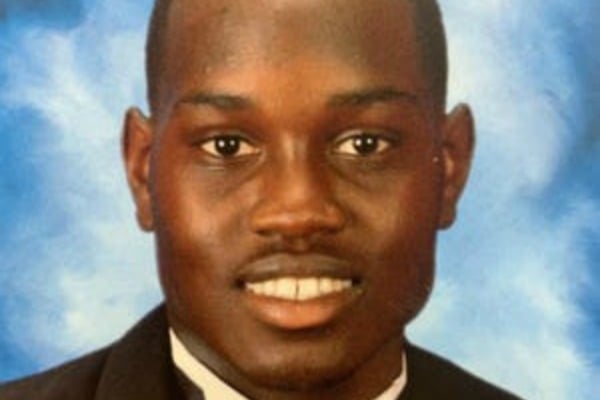
Minneapolis is on fire.
The major city in Minnesota has seen dozens of fires deliberately lit since Wednesday with more than 170 businesses damaged.
Alongside the social unrest have been a series of peaceful protests. At the centre of these protests is a man named George Floyd.
Floyd was a 46-year-old black man who died on Monday. The last thing he ever saw was a white police officer restraining him with force, a knee heavy on his neck. Some of his last words were: “My stomach hurts, my neck hurts, everything hurts… I can’t breathe.” In the span of four minutes, Floyd repeated the words I can’t breathe more than a dozen times.
Eventually, he fell unconscious. His unresponsive body was examined by paramedics at the scene. He died in hospital soon after.
Floyd was accused of trying to use a counterfeit $20 bill at a grocery store. He was unarmed, and according to video evidence, did not resist arrest. Police initially claimed that he “suffered a medical episode while struggling with officers”, a defence which might have otherwise worked.
There was just one problem.
A phone.
Bystander Darnella Frazier happened to draw on the most powerful weapon she had at her disposal and filmed the white police officer pinning down Floyd. Other bystanders can be heard yelling, getting increasingly agitated as it becomes clear Floyd is unable to breathe. Now he is dead and no hashtag or judicial process will ever bring him back. But what the camera in Frazier’s pocket did do was ensure that Floyd didn’t become just one more of the hundreds of black men killed every year by police, without ever facing trial.
